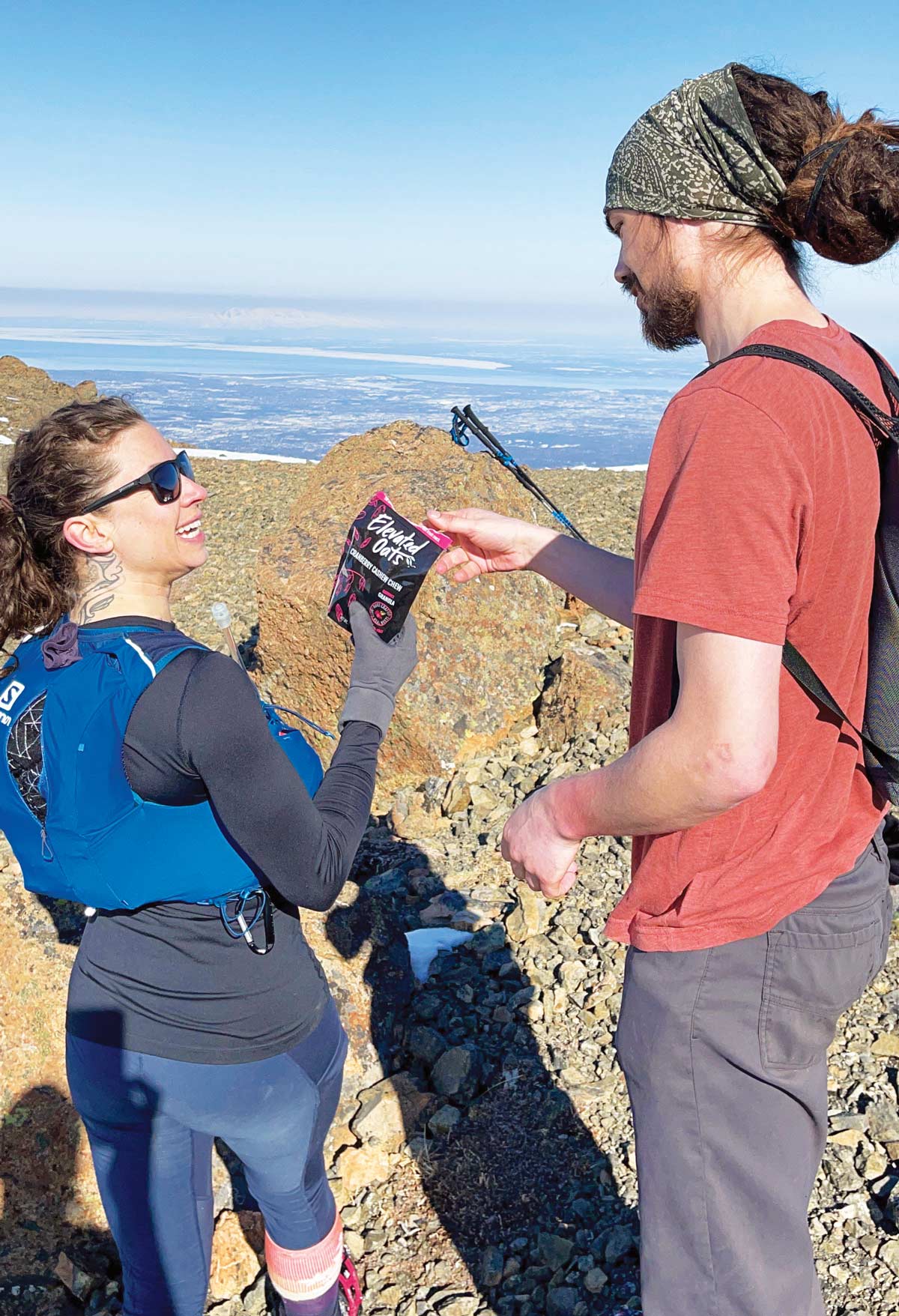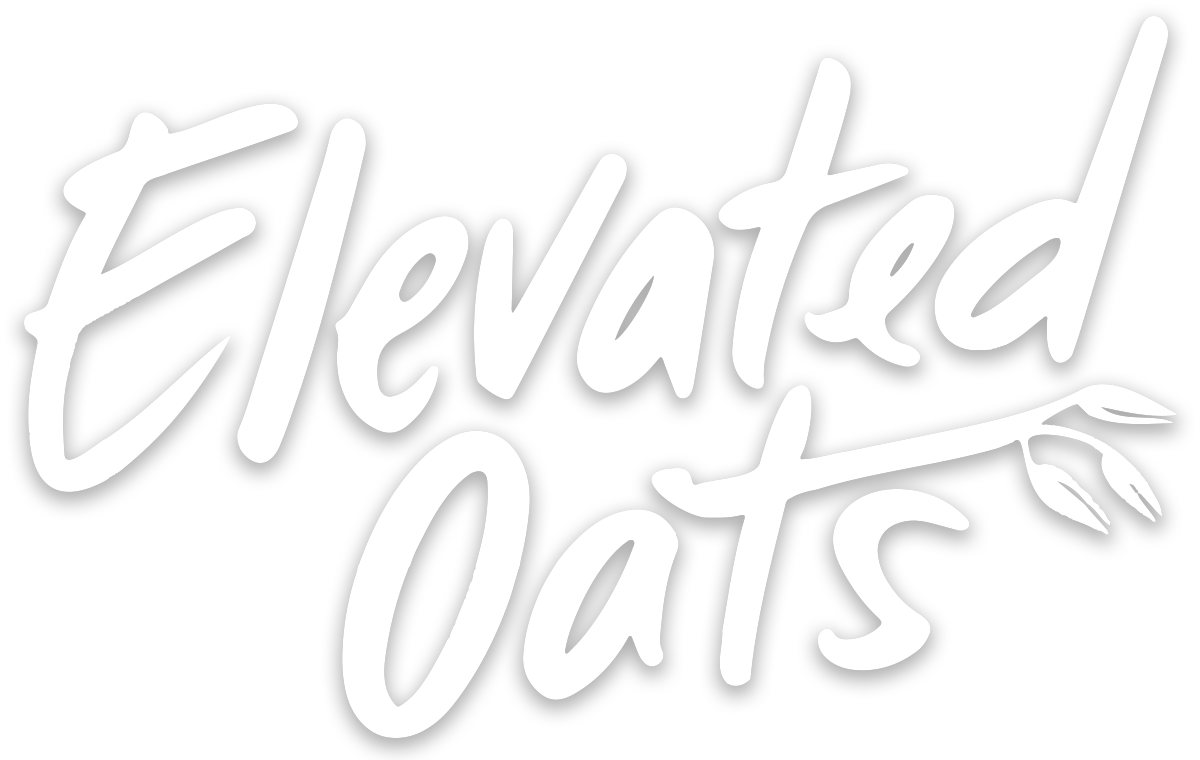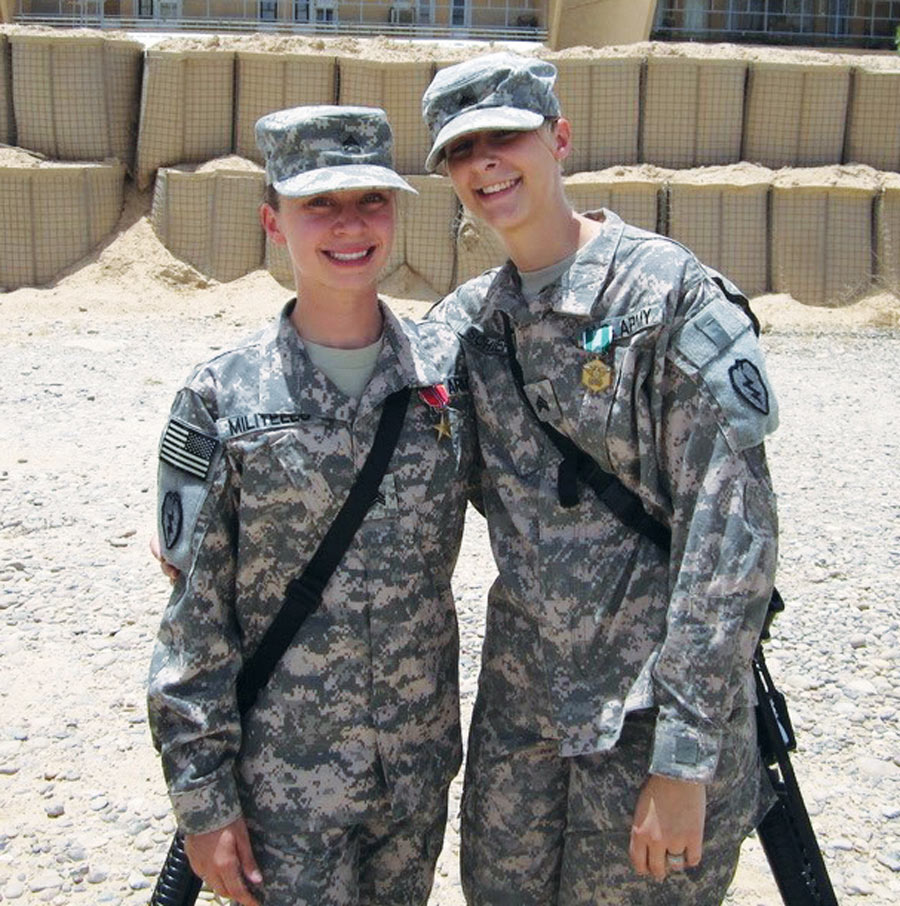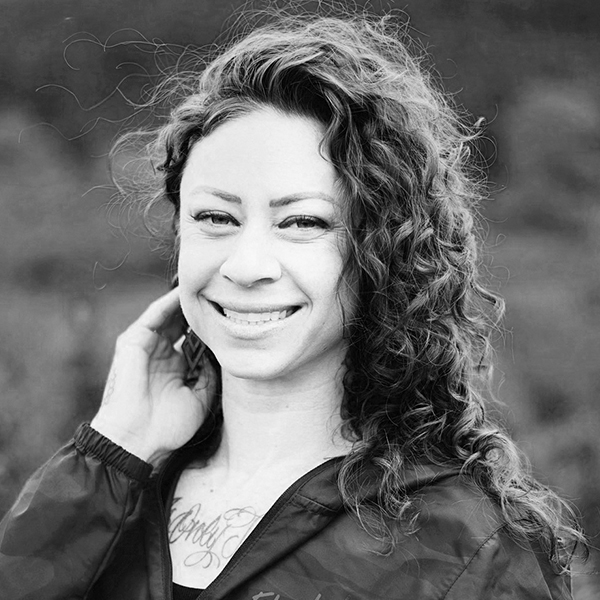y grandfather and father are both entrepreneurs, so naturally, being an entrepreneur was a dream of mine growing up. I remember selling handmade pipe-cleaner flowers and concocting other business plans as I sat in the office of my grandmother, who was the CFO. It was your classic family owned and operated business. However, in the background, there was a childhood full of chaos: a broken home, a mother I rarely saw after age nine, and a father who was always working. Entering high school, I had low aspirations and lacked direction, and I was completely unaware of the opportunities available to me or the unique capabilities I possessed.

This quarter-life crisis turned into a journey of self-discovery, self-leadership, and healing.


I learned about imposter syndrome, a psychological pattern where a person doubts their accomplishments and fears being discovered as a fraud. This discovery was new and hit a nerve, as I often felt uncomfortable and unworthy. Everything in my life had abruptly changed. I had left my home, my husband, and my career path. I was grieving and felt insecure in a new industry, but as I read more about it so many past experiences resonated.
Ironically, writing this article has opened my eyes. I procrastinated, fearing that I didn’t have the authority to say anything about leadership or lessons for readers to take away, and suffered through anxiety as the deadline approached. I read over other articles, which only made me retreat more.
Impostor syndrome had set in.
Then I asked myself: Why? Why do I feel this way? I tell myself, “I don’t belong here.”
Fear has a funny way of burying accomplishments, of surfacing feelings of inadequacy. I recall major insecurities when I started a new position as an air traffic controller in the FAA, as if I hadn’t been certified at several other air traffic facilities. I remember being outside the tower in tears questioning if I was capable of even being a controller. I failed to recall the Bronze Star I received in Iraq, numerous tower certifications, and promotions to leadership positions.
Exercising self-awareness and self-leadership is a never-ending practice. Self-leadership is actively developing a confident sense of who you are, taking ownership of what you do, and being intentional about where you are going. Developing self-awareness and self-leadership skills is the best thing you can do to become a better leader. The continual practice makes it easier to recognize patterns and break free to move forward. Being on a similar journey with others and being open about your experience can create a deeper connection and allow for additional perspectives and support.
Growth does not come from comfort zones. Lean into those moments, challenge those thoughts, and be compassionate with yourself. If I didn’t seek opportunities or challenge myself to take a chance, who knows how life would have played out.
Here are my tips for combating the feeling of being an impostor:
1. Talk about it.
You are not your feelings. You experience your feelings. Separate those fraudulent thoughts from yourself. Talk to friends who will shine light on your accomplishments.
2. Change the script.
Bring awareness to your inner dialog. Rather than allowing those fraudulent thoughts to take up space, make the choice to change the narrative.
3. Practice self-compassion.
Give yourself the same kindness you’d give to an old friend. Growth is a life-long journey.
